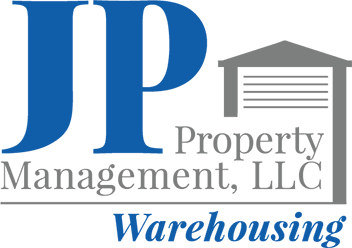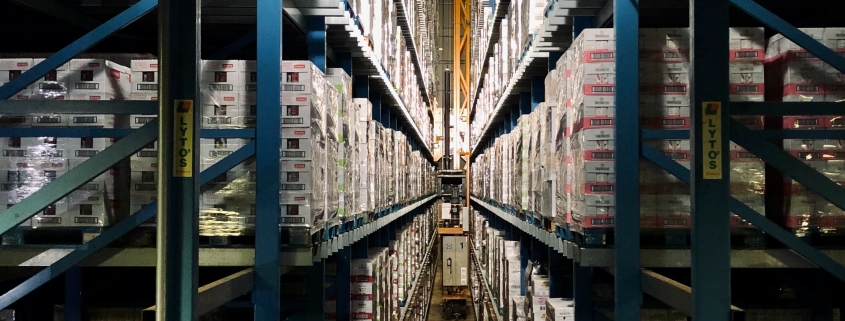Logistics and Warehousing Trends
The logistics industry is ever-changing in response to mercurial business, consumer, environmental, and other demands. There are several key areas that have the potential to experience accelerated change in the near future. Let’s take a look at some of these logistics and warehousing trends.
Faster Delivery Times: Last-Mile and Just-in-Time Delivery
Efficiency and productivity have always been important in logistics. But today, with many consumers prioritizing quick delivery of products, they are more important than ever. In fact, a 2019 survey report published by Capgemini Research Foundation found that 55% of consumers would choose a brand over a competitor brand based on faster delivery. We see this in action from huge companies like Amazon that can offer same day or next day delivery on purchases for little to no extra cost. With over half of consumers potentially choosing fast delivery as a determining factor for their purchases, last-mile delivery has become a key area of focus in the supply chain.
More efficient last-mile delivery means investing in efficient strategies that eliminate any unnecessary down time. Just-in-time delivery is one solution many companies are pursuing. With just-in-time delivery, goods arrive at warehouses just before they need to be shipped, reducing delivery times, carrying costs, and warehousing costs.
Robotics: Autonomous Mobile Robots and Drones
Robotics isn’t a brand new topic in logistics. However, relatively few companies have adopted widespread robotics across the supply chain. Autonomous Mobile Robots, or AMRs, are one such emerging technology that is an emerging warehousing trend. AMRs have smart navigation and mapping, and can move around warehouses and navigate barriers without the need for direct programming. They have the ability to carry boxes, pallets, and cartons. They can play a key role in reducing search time that human employees spend walking between products on shelves. For example, AMRs can carry boxes between shelves and deliver them to employees who then can assemble orders.
Robotics has an important role in transportation going forward as well. In dense urban areas where delivery is difficult, some companies have started utilizing drones for quick deliveries. Robotic solutions to transportation in the supply chain has plenty of opportunity for growth in the future, with potential savings of cost, time, and environmental impact.
Logistics and Warehousing Trends in Sustainability
The impact of supply chain processes on the health of the planet has received increased scrutiny as globalizing products continue to increase in quantity. Technologies that improve the sustainability of logistics are highly sought after. For instance, deliveries in dense urban areas are becoming more difficult as more and more delivery trucks are used. Additionally, freight cargo ships are facing tighter regulations on emissions. Legal, social, and political pressures will likely continue to push companies towards more green solutions to logistics. These solutions may include electric and hybrid delivery vehicles, cleaner fuel emissions in freight ships, and reducing the number of delivery vehicles in cities.
In a fast-changing world, adaptability has never been more important in warehousing. JP Property Management specializes in customized warehousing for our clients’ needs. We understand the ebb and flow of business and can work with you to come up with a tailor-made solution for your products. Whether you need seasonal storage space, long term warehousing, or anything in between, we are happy to accommodate your needs. Interested in learning more? Give us a call at 502-550-7126 or visit our website today to learn more and request a quote!




